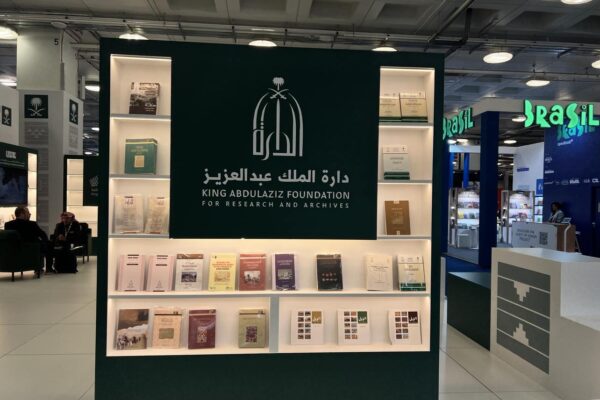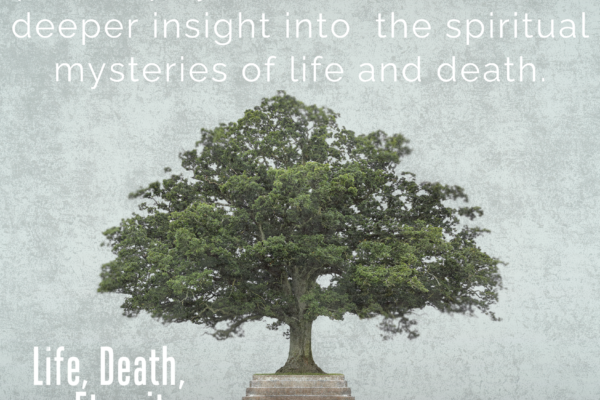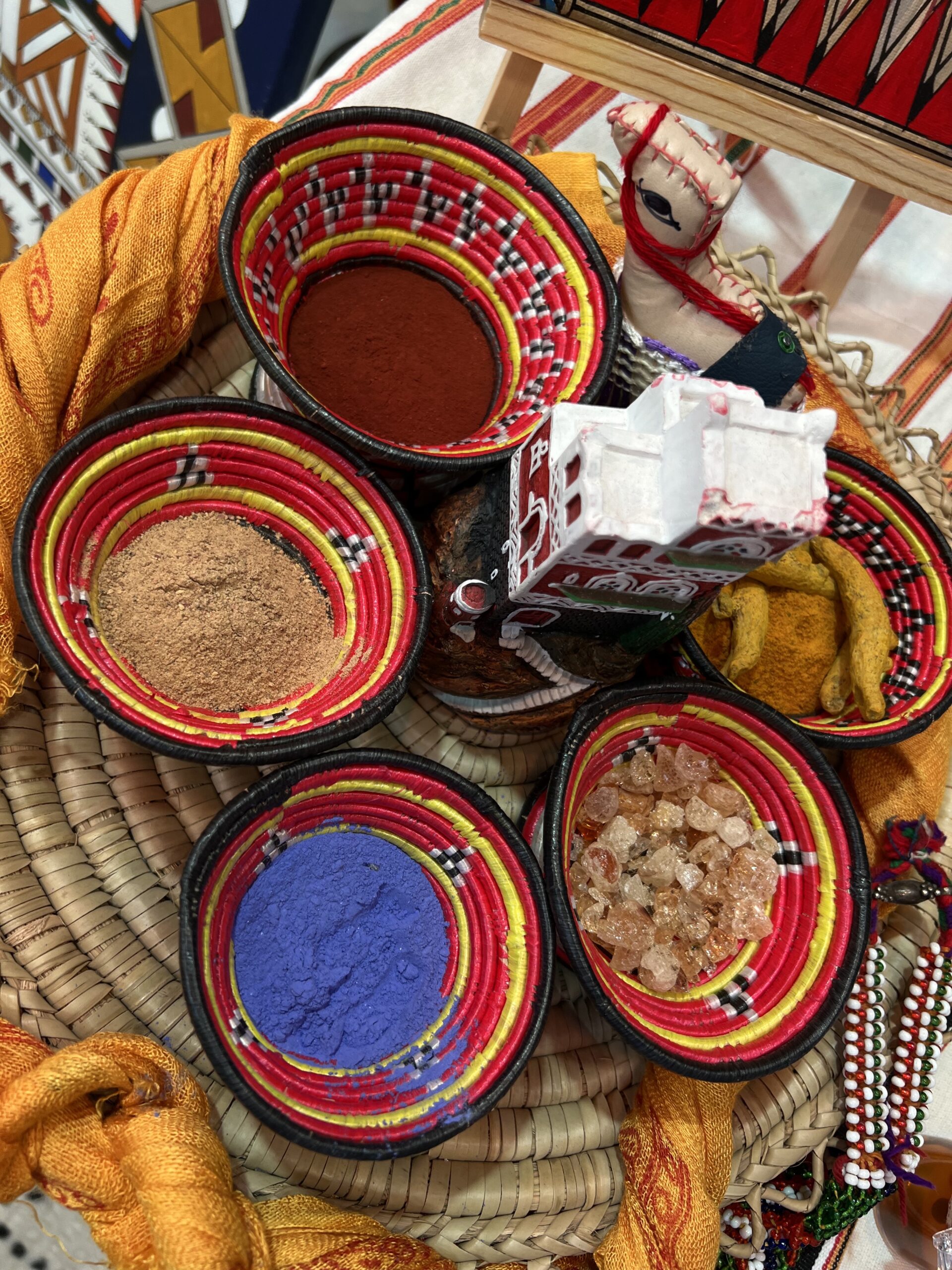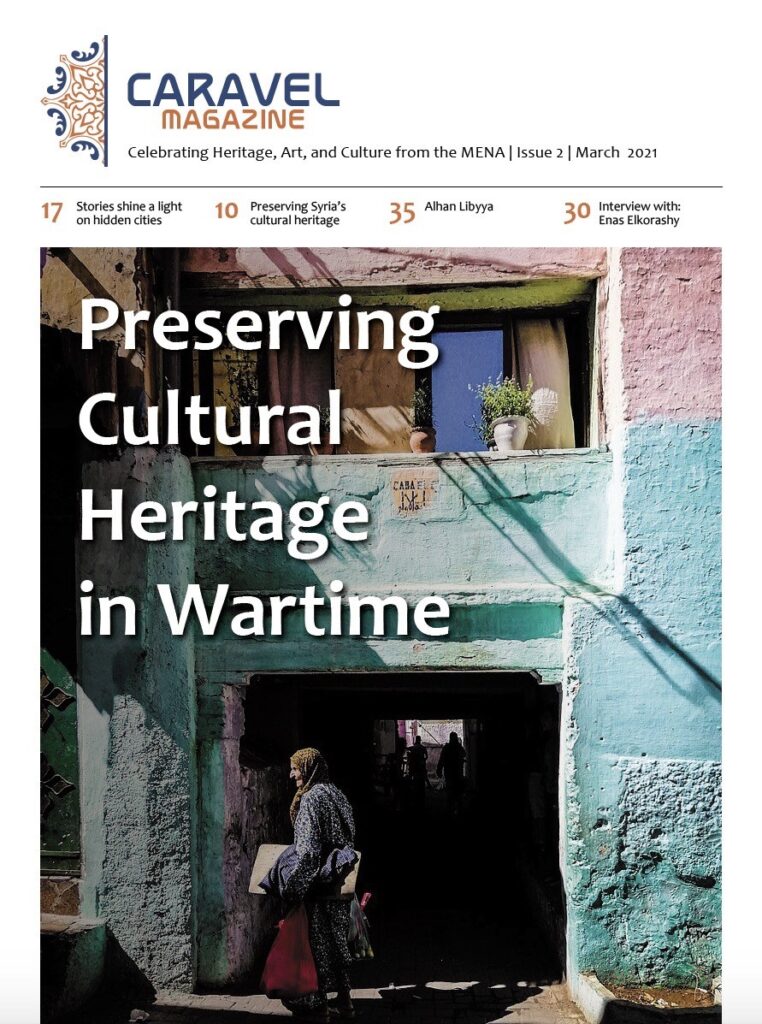By Amir Darwish
Autobiographies in the Arab world are not individualistic but group one that connects with the family and it has elements of other genres such as letters, poetry, and journalism.
The autobiography of any author is valuable to society around it says the Egyptian Salama Mousa, “The main motive for my writing this autobiography was that I am aware of my being isolated, to a large extent, from the society I live in, but am out of step with regarding its beliefs, its inclinations, and its perspectives. Hence this life story is the justification of my attitude towards this society. It is an attitude of protest and opposition. I am writing this in order to settle my account with history.” Ahmad Amin agrees with Mousa when says that his autobiography might benefit a reader today and a historian tomorrow. Likewise, Gramsci sees that “One of the justifications of one’s autobiography could be to help others in their development along certain lines and towards certain issues.” An autobiography here becomes a social document. It is a new way to write autobiographies. Those who read it, connect more to it than to artfully done autobiographies. After all, one of the duties of literature is to present realism of human experience in a plain way that others from the same culture will connect to such experience.
However, there is a difference between autobiographies written in Al Maghreb to those written in Al Mashriq of the Arab world. In autobiographies from Al Mashriq, the father figure is not depicted as bad as in Al Maghreb. Writers in Al Mashriq showed ignorance towards these themes (sex, women, and patriarchy) and instead were focussed on how to perfect the language. Although some authors from Al Mashriq touched on these topics but failed to write openly. For instance, in Egyptian autobiographies, authors portray the father figure as less of a savage whereas North African authors give a full picture of a savage father. Such a method is a way to be free from the authoritarian father figure socially, civilly and individually. For such a difference between autobiographies in Al Mashriq and Al Maghreb, one might ask whether that is due to different regional traditions and styles or different social and political conditions or whether it is simply an individual vision.
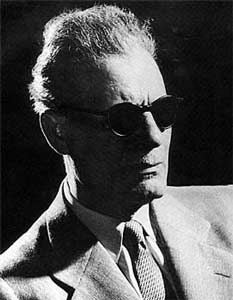
Take For Bread Alone by Mohamed Choukri as an example from Al Maghreb. The work falls within the 19th and 20th century Arabic autobiographical genres like that of Faris al-Shidyaq, Jirgi Zaydan, and Taha Hussein. In 1988 Egypt, the American university with Professor Samia Mehrez called for the inclusion of For Bread Alone as classical Arabic autobiographical work. The same year parents of students complained, “[…] We discovered that the respectable teacher is [has] given our children who are minors (age between 16 and 20) pornographic stories that any mature dissent [decent] man can never read or allow any person to read.”
Such an impact of For Bread Alone in Al Mashriq proves the rigidness of social taboos. Hasan Mustapha wrote from Riyadh, “The youth will read a section then will close the book and ask forgiveness of Allah. Then he enjoys the novel again. His soul will urge to continue a sinful novel (fajira) that will make him a sinner, or he will miss a chance to imagine and live an atmosphere of frankness that unknown in the gulf.”

